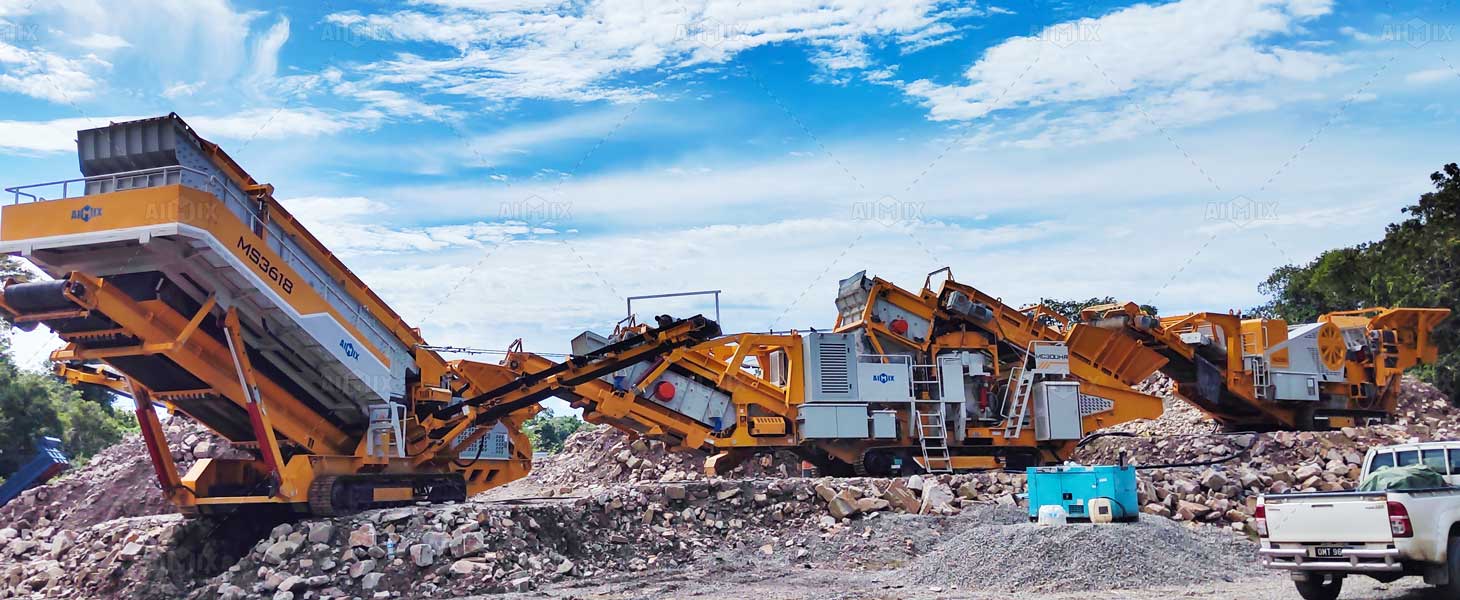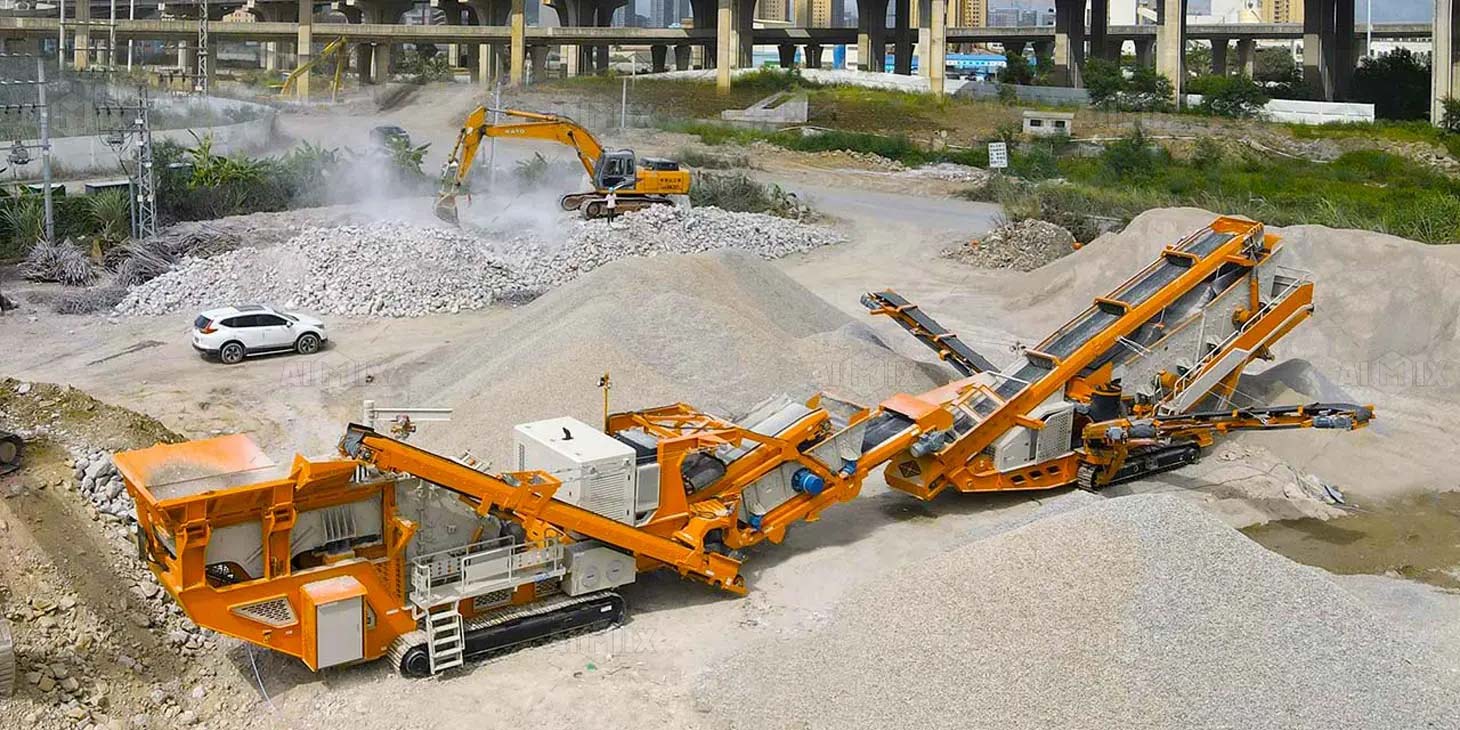Navigating the market for stone crusher plants presents a formidable challenge for many construction businesses and aggregate producers. The apparent dichotomy between affordability and quality often leaves buyers perplexed, uncertain whether budget constraints must inevitably lead to compromised performance or reliability. This predicament becomes particularly acute for small to medium operations where capital expenditure decisions carry significant consequences for operational viability.
Strategic approaches to equipment acquisition, however, can resolve this apparent contradiction. By understanding the nuanced factors that influence both cost and quality, discerning buyers can identify solutions that deliver robust performance without exceeding financial parameters. The journey toward cost-effective crushing begins with recognizing that affordability stems not from seeking the lowest initial stone crusher plant price, but from optimizing long-term value through intelligent selection criteria and operational considerations.
Strategic Equipment Selection Principles
Evaluating Used and Refurbished Options
The pre-owned market offers substantial opportunities for value-conscious buyers. Well-maintained used crushers from reputable manufacturers often provide decades of reliable service at a fraction of new equipment costs. The critical factor lies in conducting thorough due diligence, including inspection of wear parts, structural integrity assessments, and verification of maintenance records.

Key Inspection Points
Focus examination on the crusher’s core components: jaw plates, cone mantles, impact bars, and bearing systems. Request operational history documentation and consider third-party inspections for objective evaluation. Equipment with available service records and genuine OEM parts typically represents lower risk investments.
Modular and Scalable Plant Configurations
Modern crushing plants increasingly employ modular designs that allow progressive expansion as operational requirements evolve. This approach enables operators to begin with essential crushing stages and add screening, washing, or secondary crushing modules as business grows.
Phased Investment Advantages
The modular methodology transforms capital expenditure from a single substantial outlay to a series of manageable investments. This preserves cash flow while ensuring stone crusher plant equipment capacity remains aligned with production needs, avoiding the common pitfall of overbuying capacity that remains underutilized.
Operational Efficiency Considerations
Lifecycle Cost Analysis
True affordability extends beyond purchase price to encompass the total cost of ownership. Calculating projected expenses for power consumption, wear part replacement, maintenance labor, and potential downtime provides a more accurate financial picture than initial acquisition cost alone.
Component Standardization Benefits
Plants designed with standardized components across multiple machinery types reduce inventory requirements and simplify maintenance procedures. This approach minimizes training costs and streamlines troubleshooting, while also leveraging bulk purchasing power for replacement parts.

Technology and Automation Integration
Modern control systems and automation technologies significantly enhance operational efficiency while reducing labor requirements. Although these systems represent additional upfront investment, they typically deliver rapid returns through improved productivity, reduced material waste, and lower personnel costs.
Smart Crushing Systems
Automated setting adjustments, wear compensation algorithms, and real-time performance monitoring optimize output quality while maximizing component lifespan. These technologies particularly benefit operations with limited technical staff by simplifying complex operational decisions.
Strategic Sourcing and Negotiation Approaches
Alternative Supplier Evaluation
While established global brands offer proven reliability, several second-tier manufacturers provide comparable quality at substantially lower price points. The emergence of reputable crusher machine manufacturers from various regions has created competitive alternatives that merit serious consideration.
Quality Verification Protocols
When evaluating less familiar brands, implement rigorous assessment procedures including factory audits, material certification reviews, and reference checks with existing customers. Request performance guarantees backed by substantive warranty terms to mitigate potential quality concerns.
Creative Financing Structures
Equipment acquisition represents only one approach to accessing crushing capacity. Lease-to-own arrangements, rock crusher machine manufacturer financing programs, and equipment rental options provide alternative pathways to operational capability without substantial capital commitment.
Partnership Opportunities
Some manufacturers offer performance-based pricing models where payment structures align with equipment productivity metrics. These innovative approaches share risk between supplier and operator while ensuring equipment meets operational expectations.
The pursuit of affordable crushing solutions need not involve quality compromises. By adopting a holistic view of equipment acquisition that considers long-term operational costs alongside initial investment, discerning buyers can identify plants that deliver both economic viability and reliable performance. The most successful operations recognize that true value emerges from the intersection of appropriate technology, sensible financing, and strategic operational planning rather than from seeking the absolute lowest purchase price.